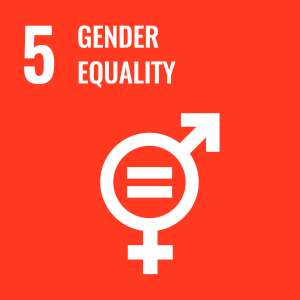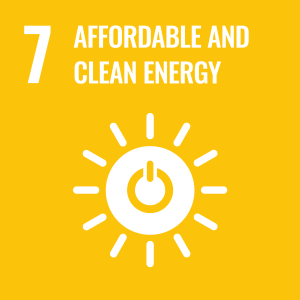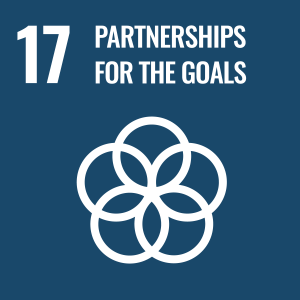
Sofie Voss
About
My research project
Nudging for Lasting Pro-Environmental Behaviour in the Tourism SectorMy PhD project investigates the development and use of nudges to shift consumers’ behaviours in an environmentally friendly and, importantly, lasting manner. Drawing on spillover, moral licensing and cleansing theory, I will explain why people's prior moral behaviour sometimes leads them to continue acting the same way (spillover effect) and other times frees them to act contrary to the initial behaviour (licensing and cleansing). Through this lens, I will examine the temporal and causal effects of decision-making, contributing to understanding the temporality of decision-making in hedonic contexts.
Supervisors
My PhD project investigates the development and use of nudges to shift consumers’ behaviours in an environmentally friendly and, importantly, lasting manner. Drawing on spillover, moral licensing and cleansing theory, I will explain why people's prior moral behaviour sometimes leads them to continue acting the same way (spillover effect) and other times frees them to act contrary to the initial behaviour (licensing and cleansing). Through this lens, I will examine the temporal and causal effects of decision-making, contributing to understanding the temporality of decision-making in hedonic contexts.
My qualifications
Affiliations and memberships
Business, industry and community links
Sustainable development goals
My research interests are related to the following:











Publications
Food consumption represents a substantial share of tourism’s global CO2 emissions. Yet, experimental research on reducing high-emission food choices among tourists is scarce. This study explores how cognitive and behavioural interventions affect the likelihood of choosing vegetarian dishes in hotel restaurants. The authors conducted covert field experiments using theory-informed menu designs to encourage vegetarian food choices. In two hotels, 647 participants received one of four menu conditions: the hotel’s default menu or one of three intervention menus. The intervention menus were designed to test cognitive (using the bandwagon effect) or behavioural interventions (using framing and anchoring biases). The results show that the behavioural interventions outperformed the cognitive intervention in increasing vegetarian orders. When presented with the behavioural intervention, participants had up to 654% (95% CI [2.21, 49.80]) higher odds of choosing vegetarian dishes than the cognitive intervention group. The odds increased to 950% (95% CI [1.26, 27.35]) when the participants were presented with a framing and anchoring-based behavioural intervention. The results indicate that behavioural interventions are more effective in encouraging pro-environmental food choices in hotel settings than cognitive interventions. This study contributes to the literature on pro-environmental behaviour change, presenting suggestions for further studies and practical, theoretical, and managerial implications.
